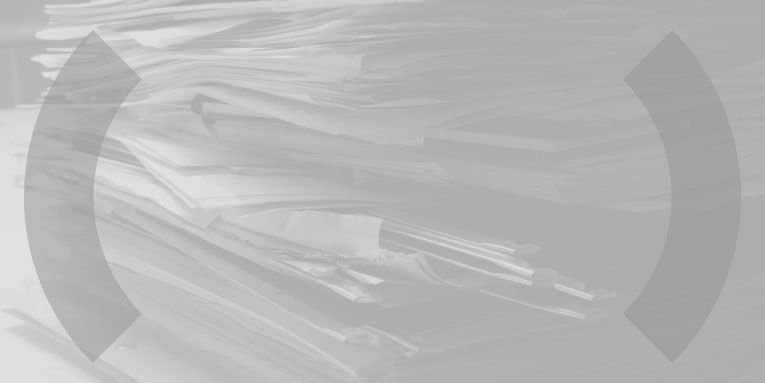The 31st Session of the Human Rights Council provided us an opportunity to think of the issue of discrimination and violence faced by LGBTI people from an intersectional lens. SOGI issues in this session became a part of many important conversations during the Council.
Perhaps the sharpest light on SOGI being a part of a mainstream human rights issue came up in the interactive dialogue with the Special Rapporteur on Torture who made the analysis of torture on the basis of SOGI a key part of his Report.
What the Report on torture throws up sharply was the self evident truth that SOGI rights are linked to other human rights issues as some LGBTI people are human rights defenders, others are women, others have their right to expression violated and yet others become victims of targeted violence.
Other dimensions of LGBTI existence be it homelessness, attacks on human rights defenders, violation of the right to freedom of association, the right to freedom of religion and the violation of cultural rights were explored in key reports by Special Rapporteurs in the 31st session.
The 31stsession also saw progress on the question of the conflict in Syria with the tentative ceasefire holding (between the State and other rebel fractions not between the state and Daesh where the conflict continues) and states and other stakeholders beginning to articulate the question of accountability for crimes committed. In this context, based on the documentation of the Commission of Inquiry on Syria, clearly Syrian people have been persecuted and even killed on the basis of their real or perceived sexual orientation and gender identity, and in the conversation on accountability going forward, persecution on grounds of sexual orientation and gender identity will have to be factored in.
The camps which are vocally supportive and opposed to SOGI seemed to be quite stable. Thus while Europe and the Americas (north and south) continued to be vocal supporters, countries in the middle east, Africa and Asia such as Pakistan, Saudi Arabia, Russia and Egypt continued to be vocal detractors. However, there seems to be some churning in the middle group of states with their being positive responses to SOGI issues made in different forums by the governments of Thailand, Ghana, Fiji, Botswana, Mongolia and Korea.
The battle around SOGI reached a particular intensity both in the debate on the report on torture, as well as the debate on the report on protection of the family. With respect to the debate on the report on the family, support for the formulation that ‘families are diverse’ was seen as an implicit support for LGBTI rights and conversely opposition to ‘diverse forms of family’ was shorthand for opposition to LGBTI rights.
The connection between different human rights issues is made not only by SOGI supporters but also by some SOGI detractors. Some of the vociferous opponents of SOGI rights are also vociferous opponents of a range of civil and political rights including the right to freedom of association, the role of human rights defenders and the right to freedom of speech and expression. The sharpest attack on the human rights framework came in the form of over 30 hostile amendments proposed by Egypt, Pakistan and Russia (SOGI detractors) as well as China and Cuba (more ambiguous on SOGI issues), with a view to eviscerate a key resolution on the protection of human rights defenders.
However, this easy congruence between the rights-upholding western nations and the rights-denying Russia, Middle East, Islamic and Asian states does not always hold. In the case of Palestine, the strongest human rights positions come from those who are otherwise opposed to SOGI rights, and those who are vocal on SOGI rights, are more silent when it comes to the question of the occupied territories.
This report will document and analyze these trends and signpost important emerging issues at the global level.
Download PDF


